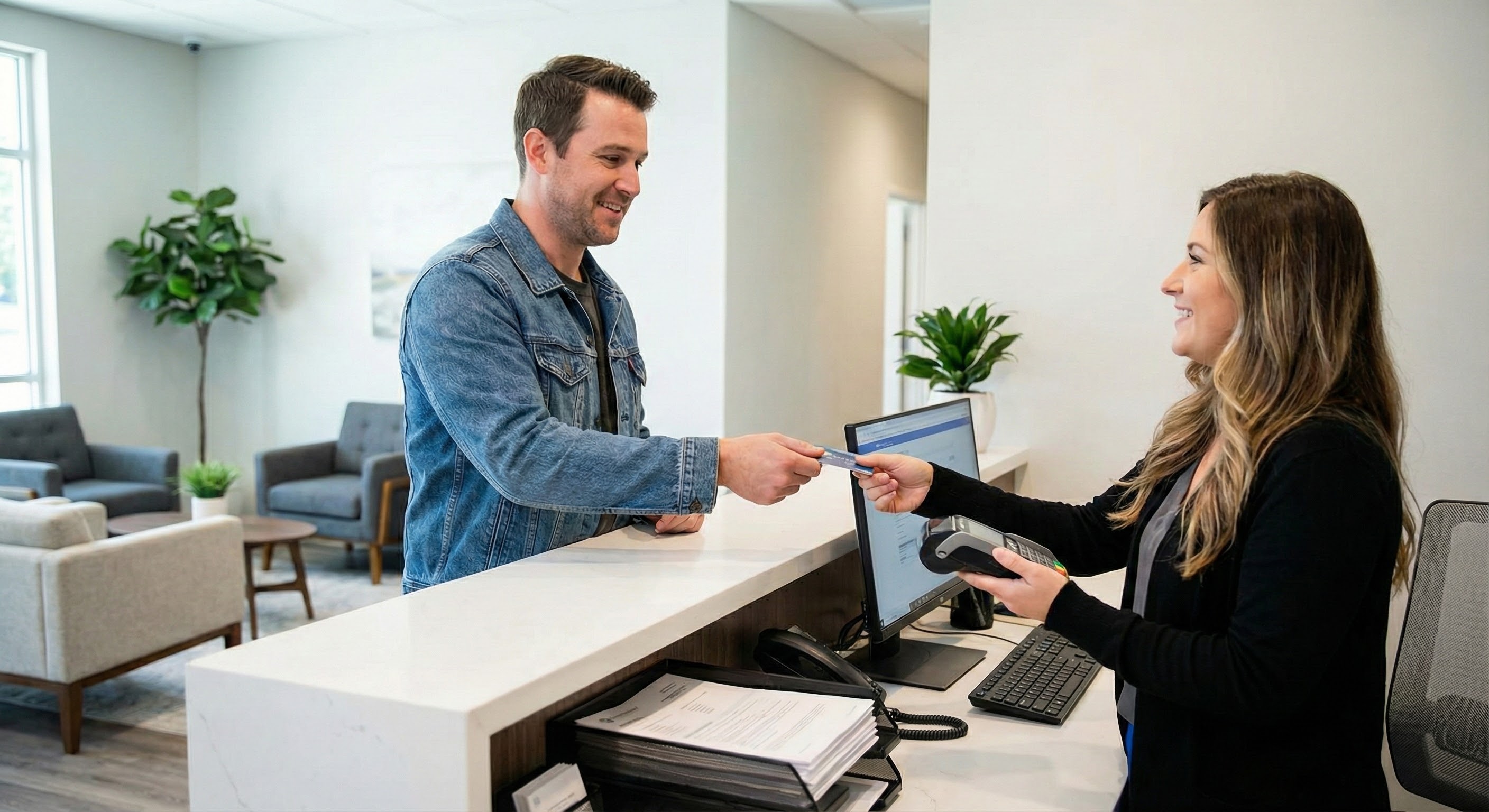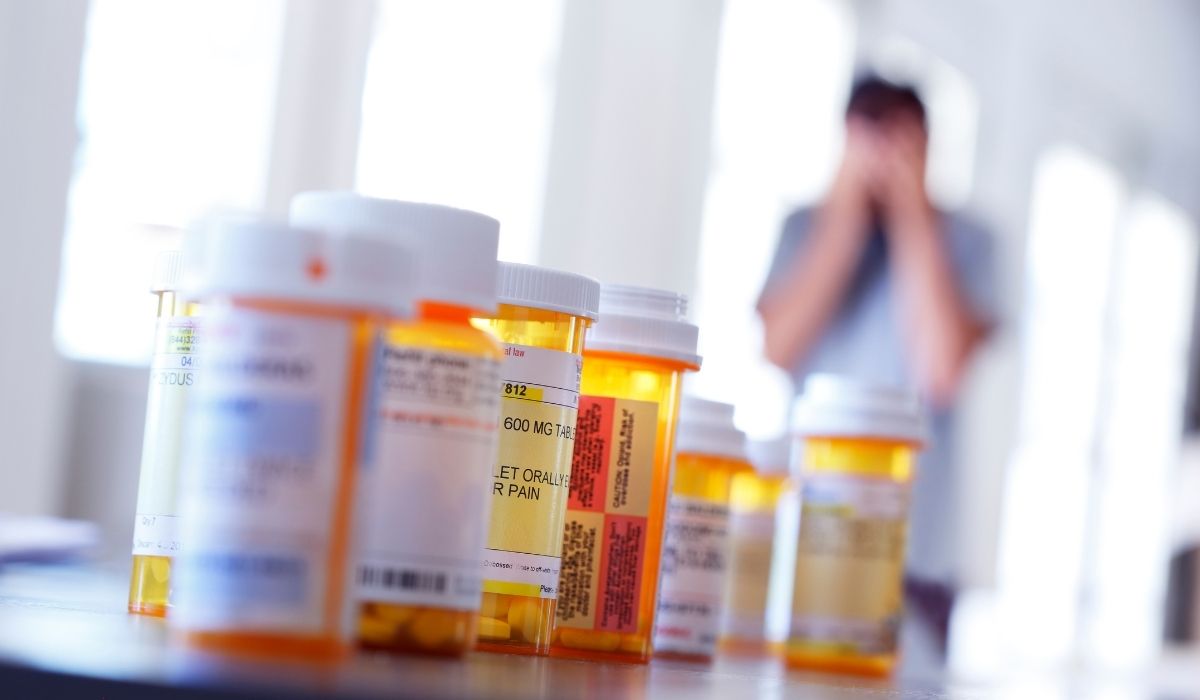What Is Gas Station Heroin?
“Gas station heroin” is a street name for a drug called tianeptine. This drug is sold in some gas stations and convenience stores. It’s sometimes labeled as a dietary supplement or nootropic, which is a substance people use to boost the brain. But it’s not safe.
Tianeptine works like an opioid. That means it can affect your brain and body like drugs such as morphine or fentanyl. It’s very risky and can lead to substance abuse, mental health problems, and even opioid overdose.

Where Is Gas Station Heroin Sold?
You won’t find gas station heroin in regular pharmacies. It’s sold under names like “Zaza” or “Tianna Red” at some gas stations or smoke shops. These products may look legal, but they are not approved by the FDA for treating any disease or health condition.
Some people think it’s safe because it’s sold openly. But just because something is for sale doesn’t mean it’s good for you.
What Is Tianeptine?
Tianeptine is a drug that was first made to treat major depressive disorder, anxiety, and pain. In some countries, it’s used as an antidepressant or analgesic (a drug that relieves pain).
But in the United States, tianeptine is not approved for use by the FDA. People often take high doses, chasing feelings of euphoria. This can quickly lead to addiction and serious withdrawal symptoms.

How Does Gas Station Heroin Affect the Brain?
Tianeptine works on the opioid receptor in the brain. That’s the same part of the brain that drugs like heroin, fentanyl, and morphine affect.
When tianeptine enters the brain, it may bring on a short burst of euphoria. But the good feeling doesn’t last. Many people take more and more of the drug just to feel okay. This leads to opioid use disorder, a dangerous condition where people can’t stop using opioids even if they want to.
Is Gas Station Heroin a Controlled Substance?
Tianeptine is not yet on the federal Controlled Substances Act list, but some states have made it a controlled substance. That means it is illegal to sell or use without permission.
The FDA has warned stores and people not to sell or use tianeptine. But since it’s still easy to get in some areas, accessibility remains a big issue.
Why Do People Use Gas Station Heroin?
People might take gas station heroin because they think it will help with:
-
Depression
-
Anxiety
-
Pain
-
Mental health struggles
Some believe it acts like a nootropic and can boost the brain. Others may use it to self-medicate for opioid withdrawal symptoms or to replace drugs like alcohol, benzodiazepine, or real opioids.
But tianeptine use is not safe. It can make mental and physical health worse.
Is Gas Station Heroin Dangerous?
Yes, it is very dangerous. High doses of tianeptine can lead to:
-
Poison
-
Tachycardia (very fast heartbeat)
-
Trouble breathing
-
Confusion
-
Opioid overdose
-
Death
It also puts people at risk of dual diagnosis — when someone has both a mental illness and a substance abuse issue at the same time.
What Happens When You Stop Using It?
If someone uses gas station heroin a lot and then stops, they may have strong withdrawal symptoms, such as:
-
Sweating
-
Shaking
-
Anxiety
-
Muscle pain
-
Trouble sleeping
-
Stomach issues
These symptoms are similar to withdrawing from other opioids, like fentanyl or morphine. That’s why many people keep taking it just to avoid feeling sick.
How Can Someone Get Help?
There are ways to treat opioid use disorder caused by tianeptine. Some treatments include:
-
Buprenorphine: a medication that helps reduce cravings.
-
Naloxone: a drug that can reverse an opioid overdose and save lives.
-
Therapy for mental health and substance abuse
-
Support for dual diagnosis
Rehab centers and doctors can help people detox safely and stay off the drug. It’s important to talk to professionals who understand addiction and opioid problems.
Why Is It Still Being Sold?
One big issue is that tianeptine is still being sold in some stores as a dietary supplement. Because it’s not federally banned yet, stores find ways to sell it. Some places market it as a nootropic or mood booster.
This tricks people into thinking it’s safe or helpful. That’s why more states are pushing to ban it and why education is so important.
What Is the FDA Doing About It?
The FDA has put out public warnings and asked stores to stop selling tianeptine products. They also warn people not to use it for anxiety, depression, or pain.
The FDA is working to limit its accessibility and prevent people from getting hurt. But until it’s banned nationwide, some stores may keep selling it.
Can It Be Mixed With Other Drugs?
Mixing gas station heroin with other drugs or alcohol is very dangerous. It can:
-
Make the effects stronger and more harmful
-
Increase risk of overdose
-
Raise chances of heart issues like tachycardia
-
Slow down breathing
It is never safe to mix it with other opioids, benzodiazepine, or stimulant drugs. This can overwhelm the brain and body quickly.
Who Is Most at Risk?
Anyone can be at risk, but certain people may face more danger:
-
Teens and young adults
-
People with opioid use disorder
-
People dealing with mental health issues
-
Those looking for a cheap way to feel better
Some may see it as an easy way to get high. But that “high” comes with serious health risks.
What Should Parents and Teachers Know?
It’s important for adults to know the signs and dangers of gas station heroin. If you see strange pills or powders labeled as “Zaza” or “Tianna,” they may contain tianeptine.
Watch for signs of:
-
Mood changes
-
Sudden euphoria
-
Trouble sleeping or eating
-
Shaking or sweating
-
Secretive behavior
Having open talks about substance abuse, mental health, and safety can help keep kids safe.
How Can We Stay Safe?
Here are simple tips to avoid the dangers of gas station heroin:
-
Never buy “supplements” from gas stations or smoke shops without checking with a doctor.
-
Learn the real names of drugs like tianeptine.
-
Ask questions about anything labeled a nootropic or dietary supplement.
-
Stay away from anything promising fast results for anxiety, depression, or pain.
Help Is Available
If you or someone you know is using gas station heroin or struggling with opioid use, help is available. You can contact:
-
Addiction treatment centers
-
Mental health clinics
-
Local doctors
-
Helplines
Getting help early can save lives and improve mental health.

Seeking Treatment? We Can Help!
We work with PPO Out of Network Health Insurance Policies
If you or a loved one are struggling with mental health challenges or substance abuse, reach out to Mountain Sky Recovery today. Our team of compassionate professionals is here to support your journey towards lasting well-being. Give us a call at 951-498-5412. Visit SAMHSA for more information.



